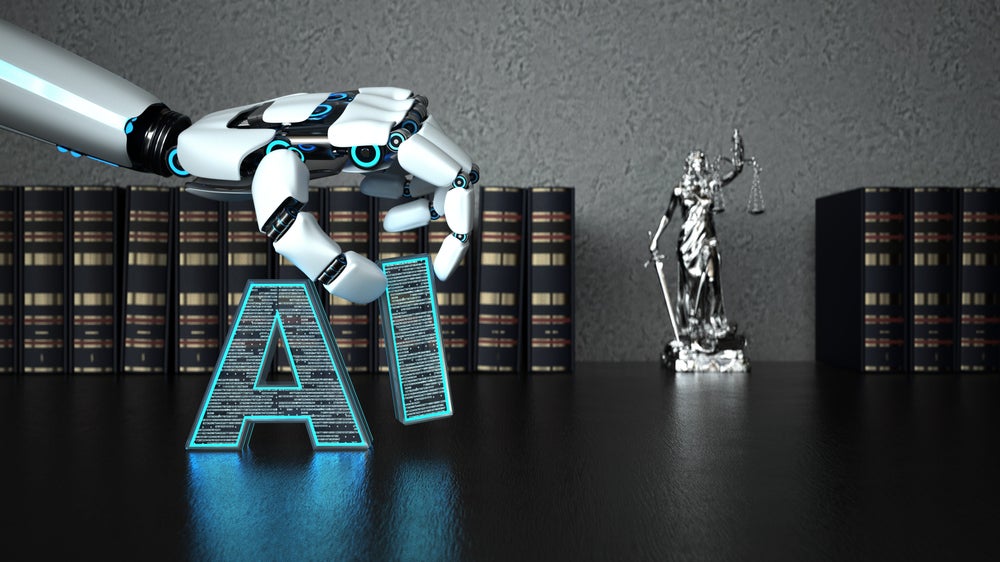
Japan’s forthcoming AI regulations are set to be more relaxed than the European Union’s, reports an anonymous official close to regulators according to Reuters.
Japan’s stance on AI has already sparked discussion this year as Japanese Minister of Education, Keiko Nagaoka, confirmed in a local council meeting this April that copyrighted material wouldn’t be protected against use in training generative AI models.
This move sparked a backlash from artists, demanding a right to consent to their work being used in training large language models (LLMs).
GlobalData anticipates the global AI market to be worth $909bn by 2030. Over 86% of cross sector respondents to the analysts tech sentiment poll anticipated that AI would disrupt their industry in the next ten years.
But regulating AI is proving divisive as the EU plans to set a global standard of regulation whilst the US’s stance on regulating AI has been described as an afterthought.
Google has called for Australia’s copyright laws to be relaxed to facilitate deep learning.
How well do you really know your competitors?
Access the most comprehensive Company Profiles on the market, powered by GlobalData. Save hours of research. Gain competitive edge.

Thank you!
Your download email will arrive shortly
Not ready to buy yet? Download a free sample
We are confident about the unique quality of our Company Profiles. However, we want you to make the most beneficial decision for your business, so we offer a free sample that you can download by submitting the below form
By GlobalDataMotives for more lenient regulations
Light touch regulation of AI could bolster Japan’s role in the CHIP industry, following a state-backed $6.4bn deal to acquire JSR, a leading semiconductor materials maker.
Taiwan’s Powerchip Semiconductor Manufacturing Corporation has also entered into an agreement to open a new chip plant in the country, as reported by Verdict.
AI could also greatly benefit Japan’s aging workforce. GlobalData’s Disruptor statistics show that the largest age group in Japan is people over 80-years-old.
As most of the population age into retirement, Japan faces a labour shortage.
AI can not only benefit the elderly’s quality of life, but can also accelerate many tasks such as customer helpline chatbots, software development, and vehicle design.
Relaxed legislation may encourage AI businesses to Japan, but it is widely anticipated that EU law will become “the global standard” for businesses regardless of where they operate from.







